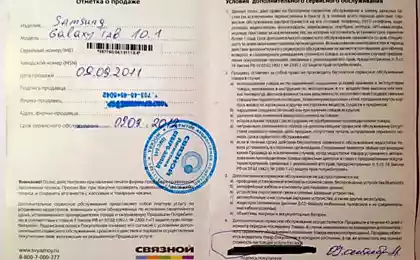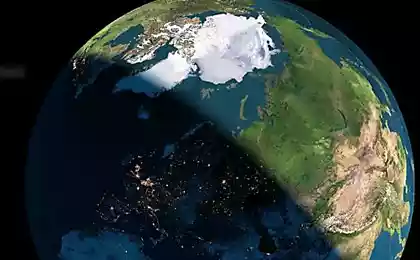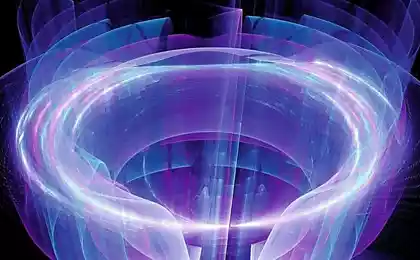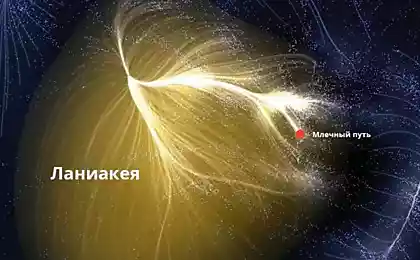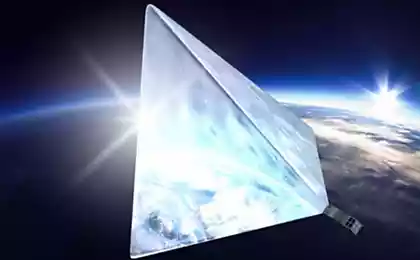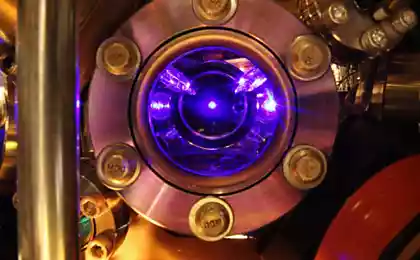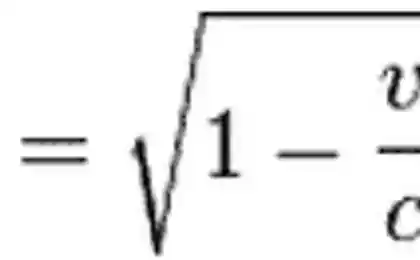715
Additional second
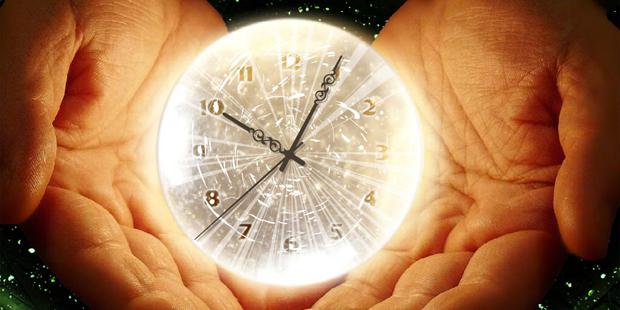
extra seconds, designed to eliminate the difference between the atomic and astronomical time due to irregular rotation of the Earth, will be added to the Coordinated Universal Time June 30, 2012, according to US Naval Observatory.
Historically, the countdown was based on measuring the average period of revolution of the Earth around its axis, and the length of the second calculated on the basis of this range. With the invention of atomic clocks appeared instrument for measuring time, which proved to be more accurate astronomical methods and the definition of a second was changed and now corresponds to the atomic frequency standards. In 1970, an international agreement established two standards were time - one of them, UT1, was based on the rotation of the Earth, and the second, UTC (Coordinated Universal Time), based on atomic time. The International Earth Rotation Service ensures that the two standards has not disagreed with each other for more than 0, 9 seconds, and if necessary, declares that it is necessary to insert an extra second. Since 1972 it has been added to UTC to 24 extra seconds at different intervals - from six months to seven years. Last seconds was added December 31, 2008. At this time, a new second is added to the 23 hours 59 minutes 59 seconds UTC 30 June 2012 (roughly equivalent to 03.59 MSK July 1, 2012). This decision was adopted by the International Earth Rotation Service, which for the US Naval Observatory is the center forecasts and rapid response. Measurement experts Observatory have shown that the Earth's rotation is now lags behind atomic time of about 1 millisecond per day. These data were obtained using very long baseline interferometry, a method based on the measurement of the Earth's rotation by observing the position of the very distant cosmic objects. These data showed that in about 1000 days difference between the atomic and astronomical time reaches 1 second. As reported, 26 December 2011, astronomers recorded the longest in the history of observations of gamma-ray bursts, the duration of which exceeds two o'clock.
Source: korrespondent.net/tech/science/1310456-dopolnitelnaya-sekunda-budet-dobavlena-ko-vsemirnomu-vremeni-30-iyunya-2012-goda


